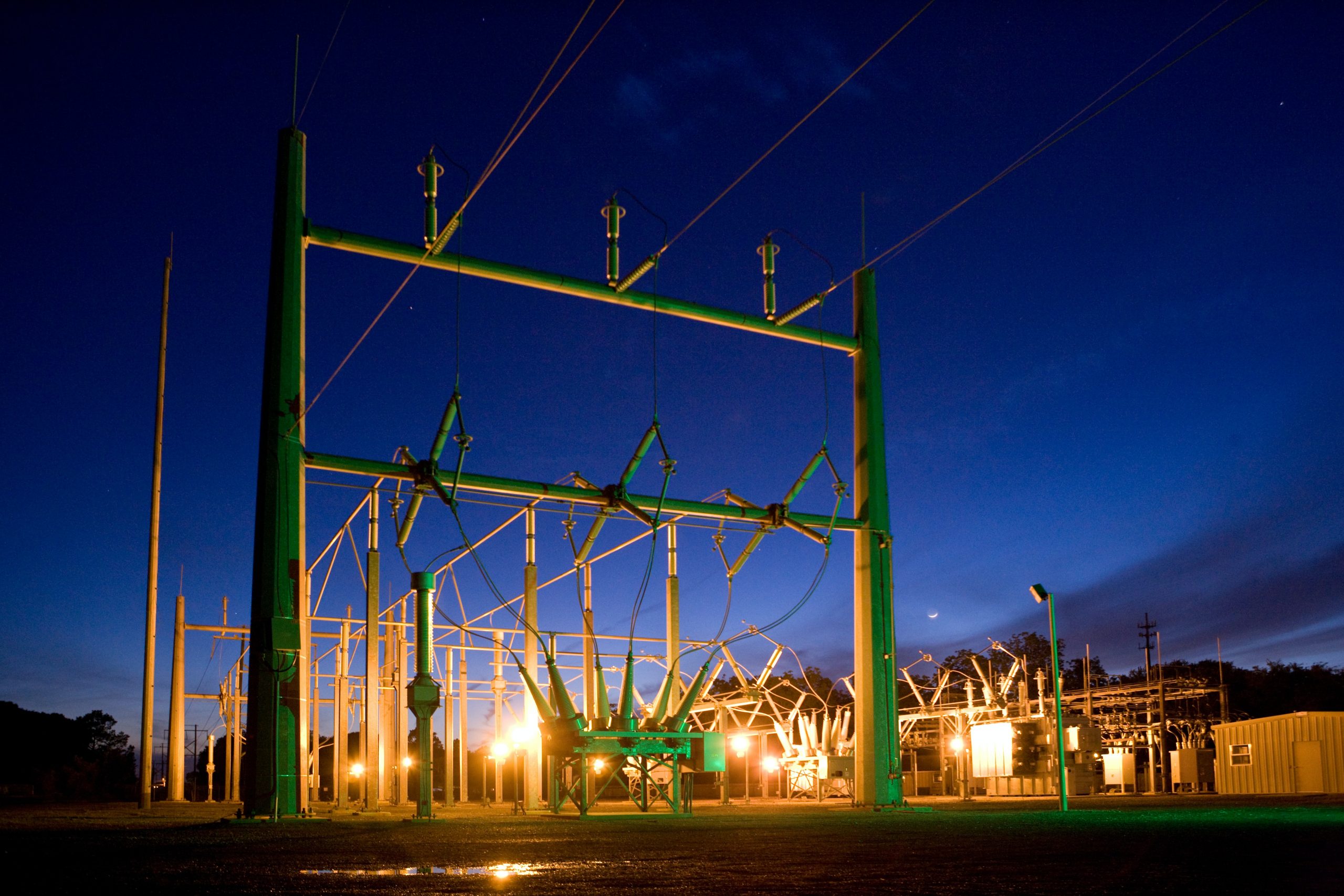Demand Response in Sustainable Renovation
What is demand response and how can we use it to harness energy efficiency in EU building stock? DELTA answers in defining demand response as “a change in the power consumption of an electric utility customer to better match the demand for power with the supply that is exercised following a market offer or incentive.” This is achieved using aggregators, or legal entities that aggregate various demand and/or production units in order to optimise energy supply and consumption.
If you’re new to the renovation scene, demand response simply offers consumers the opportunity to play a role in electric grid operations by adapting their electricity usage during peak times to gather financial or other incentives. This results in a more efficient use of existing power supplies and a more collective view on energy distribution. Most importantly – no matter the wording, listening to the webinar made it clear that there was immense untapped potential in this particular sector of sustainable construction and renovation.
Challenges of the DELTA Project
A total of five talks featured in the webinar elaborated on market activities, regulatory issues, and future business opportunities for demand response. Needless to say, these were all elements of the renovation sector which were impacted by the COVID-19 pandemic. Speaker Apostolos Tsolakis of CERTH made clear that, while the project was already undergoing final integration and testing scenarios and preparing to kick off pilot activities, the virus has forced the team to adapt and make the necessary moves to virtual collaboration.
But COVID-19 isn’t the only challenge DELTA faces. Data, the core of all centralised operations, has proven to be an ongoing issue. Specifically, access to data and data sharing processes have been observed as key roadblocks to fully integrated demand response systems, along with a lack of standardisation and an overall fragmented market.
Demand Response Solutions
In order to overcome these challenges, Antonios Marinopoulos, Technical Project Officer at the EC Joint Research Centre, called for better long-term regulatory integration of demand response, namely:
- Standardisation and a set minimum of interoperability;
- Harmonization of market rules and demand response products; and
- Cross-sectoral promotion and extended market monitoring.
Our Key Takeaways
What did we learn from this webinar? That three things must be pursued in order for demand response to reach EU-wide success:
- Reduced transaction costs, achievable through smart contracts or automated flexibility assessments and self-connected assets;
- Attractive service packages in energy supply, with dual service and sufficient equipment provision; and
- Appropriate target segment identification.
Missed the webinar or just curious for more? Listen in here.
RINNO is a Horizon 2020 project that aims to considerably accelerate the rate of deep renovation in the EU by reducing the time, effort, and costs involved in deep renovation projects. In a collaborative effort of 17 partners from industry and academia, RINNO will deliver an open renovation platform for the integrated design and delivery of deep renovation projects.


 This project has received funding from the European Union's Horizon 2020 research and innovation programme under grant agreement No 892071.
This project has received funding from the European Union's Horizon 2020 research and innovation programme under grant agreement No 892071.